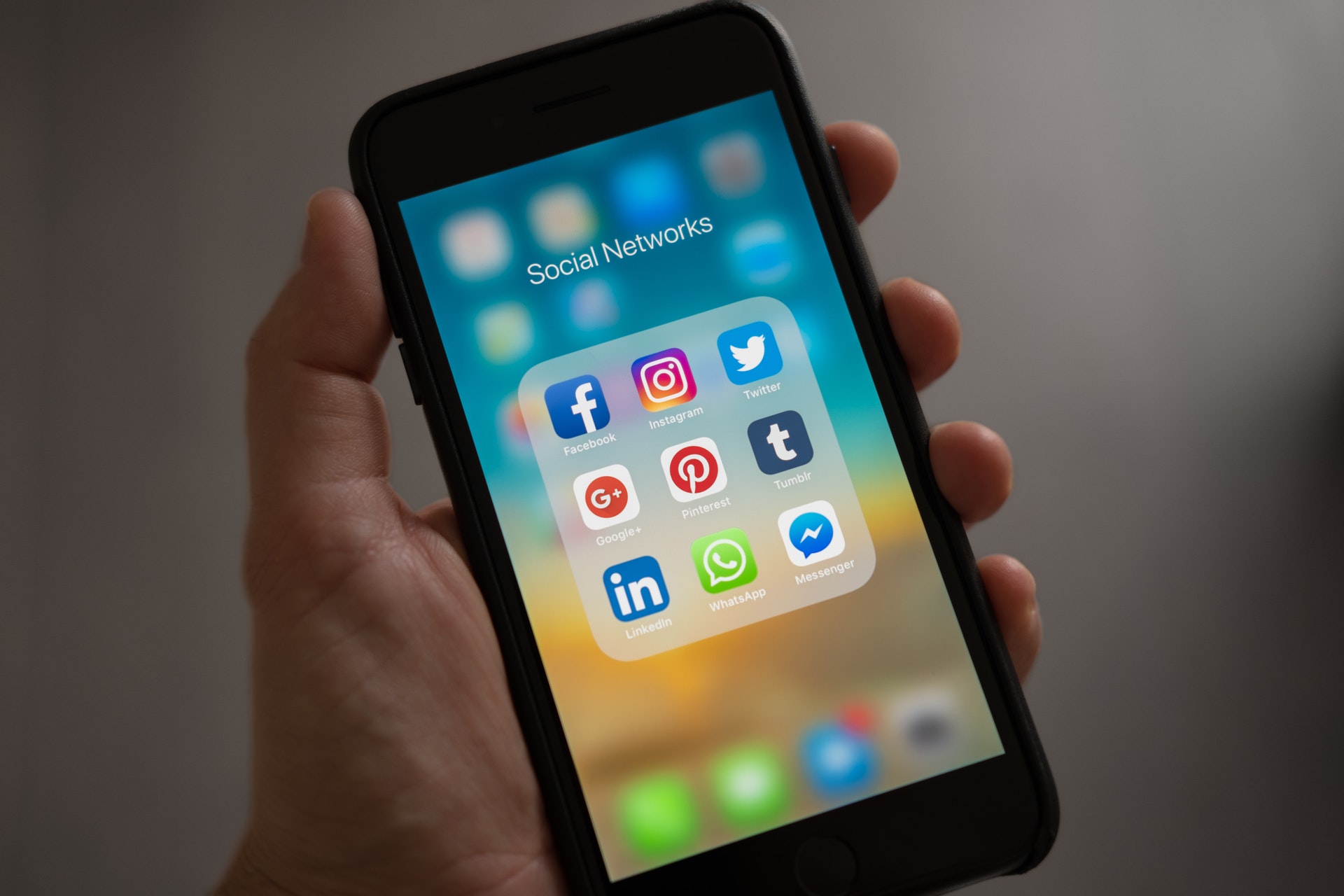
Body + Mind is reader-supported. We may earn an affiliate commission when you buy through some of the links on our site.
Social media offers multiple advantages, particularly in a pandemic world where people have to quarantine. It keeps you connected with family members and friends far and near. But is social media good for your mental health?
However, some people have suffered severe adverse mental health effects, even death, because of things that happen on platforms like Twitter and Facebook. Is social media good for your mental health — or harmful? Here are five considerations when considering whether you should continue to use it.
Many experts recommend that you limit your social media time to 30 minutes or less per day. You might not think you spend more than a half-hour scrolling — but those “microdoses” also add up.
For example, do you tend to scroll your Twitter feed when in line at the grocery store? Do you distract yourself on the bus on the way to work? Grab your phone every time you take ten during your shift?
If so, your social media use time could quickly add up to well over an hour a day. If you want to get in control, various apps can help, as can setting the time limit function for specific social media on your iPhone or Android device.
You might need to employ your self-control, depending on your job function. For example, you might spend legitimate hours at work on social media if you work in marketing or advertising. One trick is to only access such websites on the device you use for logging into the office, keeping your phone for personal use.
Social media uses algorithms to show you posts based on perceived relevance, not publication date. In short, your feed shows what the platform thinks you want to see first, not necessarily the latest updates from your friends and distant family.
How do these outlets determine what content they’ll think you enjoy? They base it on your past behavior — which posts you react to by “liking,” what material you spend the most time consuming, how close the individual sharing the information is to you in your online friendship circle. Therefore, you have a lot of control over what shows up in your feed — if you’re savvy.
For example, do you notice yourself feeling down after you scroll through your feed? It’s likely that you interact the most with depressing memes and content about how bad things are. Yes, you want to remain informed, and raising awareness is vital to bringing about needed changes.
However, you should know that clicking “like” on such stories prompts the algorithms to ply you with similar material. You can end up feeling like Chicken Little, as if the sky is falling. Balance your need to be informed with mental wellness by avoiding such content or consuming it in small doses when you’re going through a rocky patch.
Social media is a place for friendship. Many people successfully meet others who share similar values through these mediums. However, you don’t want to invite just anyone into your circle any more than you’d ask a random group of diners in a restaurant to join your wedding party.
Meeting people online creates the illusion of safety because you control what personal information you divulge. However, scammers exist — so do folks with dark triad traits like narcissism and sociopathy. Choose whether you accept friend requests with care.
For example, having a blanket “open door” policy where you accept requests from anyone can widen your circle. However, it could expose you to online trolls who get their joy in life by tearing other folks down online. You need a thick skin to avoid letting such individuals affect your mojo.
You can vet potential connections by looking at which mutuals you have in common. Another wise idea is to surf over to their profile and check out their posts before accepting them. You’ll gain insight into their personality and whether you want to meet in the virtual world.
Social media groups allow people with shared interests — like environmental conservation or axe-throwing — to chat about their mutual passions. However, they can also turn into trauma-bonded gripe fests that lower your mood rather than improving it.
Before accepting any group invitations, scroll through the feed and see what kind of material they publish to the public. If you can’t find any public posts, you might reconsider unless you have quite a few online friends already in the group. Ensure you know how to leave groups on various platforms before you join, lest you risk material you don’t particularly care for continuing to show up in your feed based on your membership.
Boundaries matter online as much as they do in real life. What you allow to happen on your page impacts your mental health and that of anyone who visits your timeline.
The good news is, your rules are law when it comes to your page, at least as long as you avoid posting prohibited content. Will you issue warnings for insensitive and potentially harmful comments? Will you block the offending individual immediately? Determine your approach so that such incidents don’t rattle you — you simply take corrective action.
Is social media good for your mental health? While many platforms get a bad reputation for their negative effects on your psyche, you ultimately control how beneficial your online experience is.